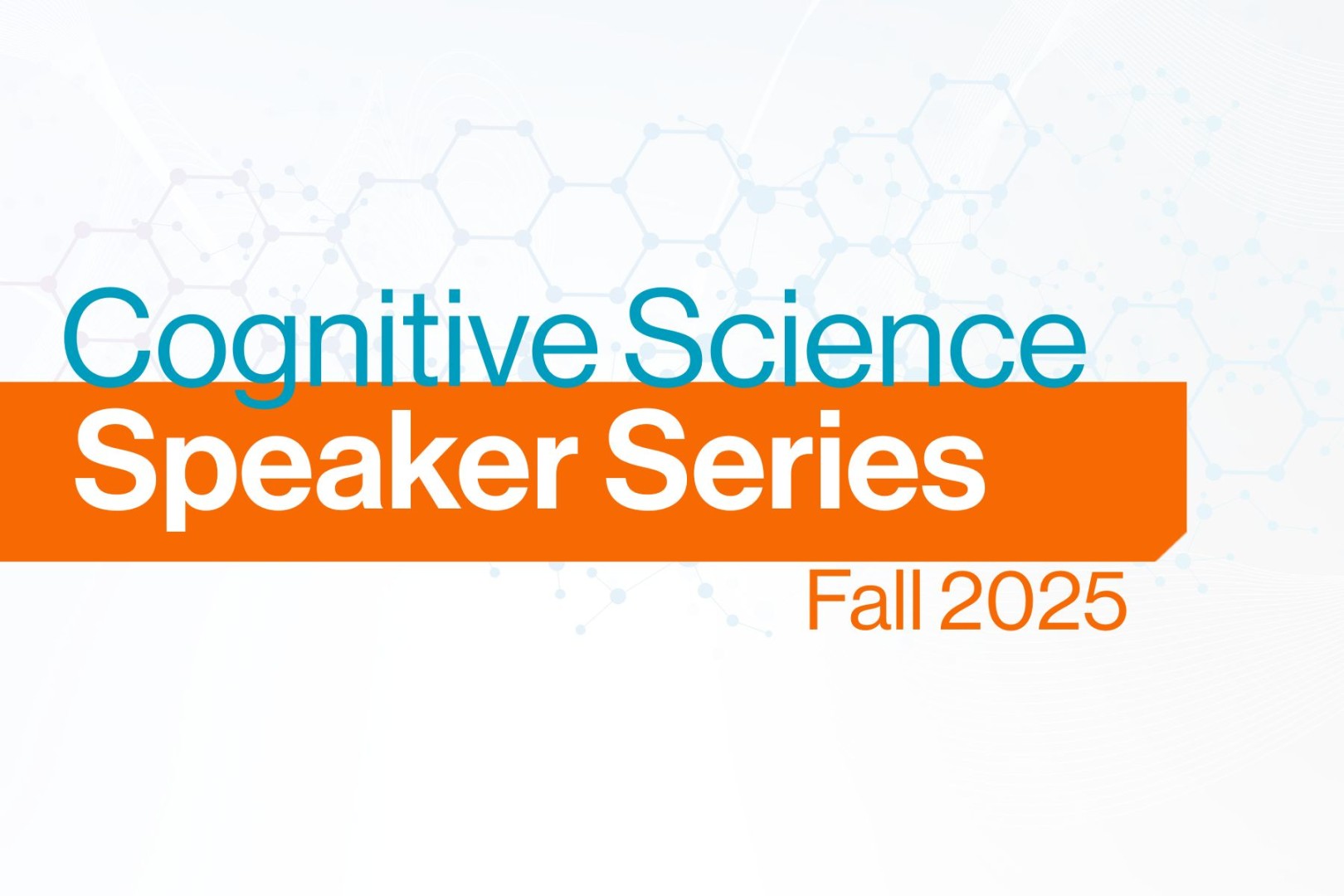Carving Events for Language: Where Action Meets Word, A Cognitive Science Speaker Series Presentation

Speaker: Roberta Michnick Golinkoff, Ph.D.
Title: Carving events for language: Where action meets word
Short Bio: Roberta Michnick Golinkoff, Ph.D., is the Unidel H. Rodney Sharp Professor of Education, Psychology, and Linguistics at the University of Delaware and runs the Child’s Play, Learning, and Development Laboratory. She has received numerous awards for her contributions to developmental and educational science in the areas of language development, playful learning, media, and spatial learning. Funded by federal agencies and foundations, she has written 17 books and monographs. Passionate about the dissemination of psychological science for improving schools and families’ lives, she wrote How Babies Talk (Penguin), A Mandate for Playful Learning in Preschool (Oxford), and Einstein Never Used Flash Cards (Rodale - second edition to appear early 2026). Her book Becoming Brilliant: What Science Tells Us About Raising Successful Children (APA Press), reached the New York Times bestseller list. Her newest book is Making Schools Work: Bringing the Science of Learning to Joyful Classroom Practice. Dr. Golinkoff also co-founded the Playful Learning Landscapes project and created the QUILS—Quick Interactive Language Screener for young children in English and Spanish. She never turns down an opportunity to spread the findings of psychological science to the lay public.
Abstract: Events are continuous. Our perception of them is not. Remembering the past and predicting the future demand that we parse events into components that will also lay the foundation for language learning. In this talk, we present a series of studies designed to examine infant attention to and interpretation of event structure. Using Mandler (2012) and Talmy (2000) as our inspiration, we find that infants are sensitive to event components like paths and manners and figures and grounds, among others. Infants also detect statistical relationships within event components that allow them to abstract predictable patterns with relatively little exposure. Finally, our work suggests that infants use both bottom-up and top-down processes to parse continuous events into the categories of experience. We explore several ways in which these new findings on event processing might interface with cognitive development and the acquisition of language.
ASL-English interpreters have been requested. Light refreshments will be provided.
Event Snapshot
When and Where
Who
Open to the Public
Interpreter Requested?
Yes









